| Project Acronym | iRISE |
|---|---|
| Funding Program | Horizon Europe |
| Budget | €1,447,271.25 |
| Coordinator | Charite - Universitaetsmedizin Berlin |
| Website | https://www.irise-project.eu/ |
| Project duration | 1 September 2023 – 31 August 2026 |
Structured understanding of the drivers of irreproducibility and presenting concrete solutions of tools and interventions will help to increase the quality, reliability and re-usability of scientific evidence. To this end, the iRISE project proposes to provide theoretical and empirical evidence of the effectiveness of specific interventions, and a framework for a robust, evidence-based road map for the development, assessment and implementation of interventions intended to improve reproducibility.
The project brings together qualitative and quantitative expertise, from academia and SMEs, including meta-science, statistics, economics, artificial intelligence, research ethics and integrity, quality assurance, and project management. Data on existing interventions will be systematically curated and evaluated, and stakeholders will be consulted to collaboratively identify practices and tools that should be prioritised for implementation.
The members of iRISE have made pivotal scientific and policy contributions relating to robustness, rigour and reproducibility in the past and have the skills and tools to succeed in this ambitious project that has potential scientific, economic and societal gains both in Europe and beyond.
iRISE consortium
The 14 Partners of the iRISE consortium come from nine countries, two of which are from widening countries (MEFST and UCY). The consortium brings together participants with unique but complementary and necessary qualitative and quantitative expertise to achieve our objectives. Our extensive experience in studying reproducibility from a variety of perspectives and skills and competencies related to responsible research and innovation, open science and research integrity brings together the necessary disciplinary and inter-disciplinary knowledge required.
EATRIS role
EATRIS will participate in WP4 (‘Stakeholder engagement in practices and practical tools development’), WP5 (‘Testing interventions’) and WP6 (‘Data Management, Dissemination and Outreach’). Together with its affiliated entity and member institution, Helsinki University, EATRIS have extensive experience in testing interventions in preclinical research, notably through the EATRIS Quality Initiative (EQI Chair: Scherer, UH), an umbrella structure for EATRIS activities addressing reproducibility, best practice guidelines, benchmarking, standards and reference materials.
EATRIS, with its 150+ academic member-facilities, is well-suited to help tackle some of the challenges in translational medical research, for example by organising or participating in multi-site benchmarking studies; and has been collaborating closely with EQIPD on this topic. In addition, EATRIS has close ties with a wide range of stakeholder groups that will strengthen the project’s engagement strategy.
















